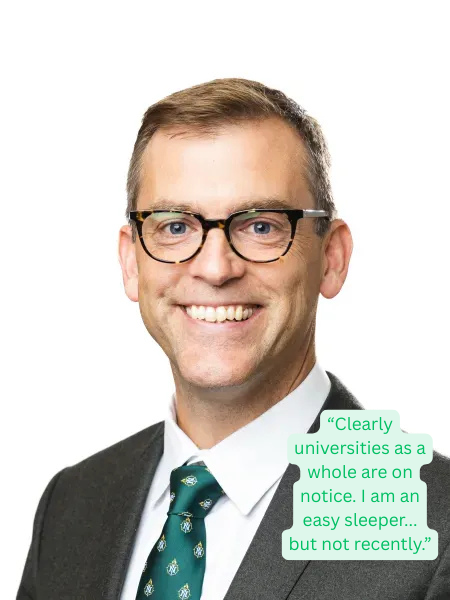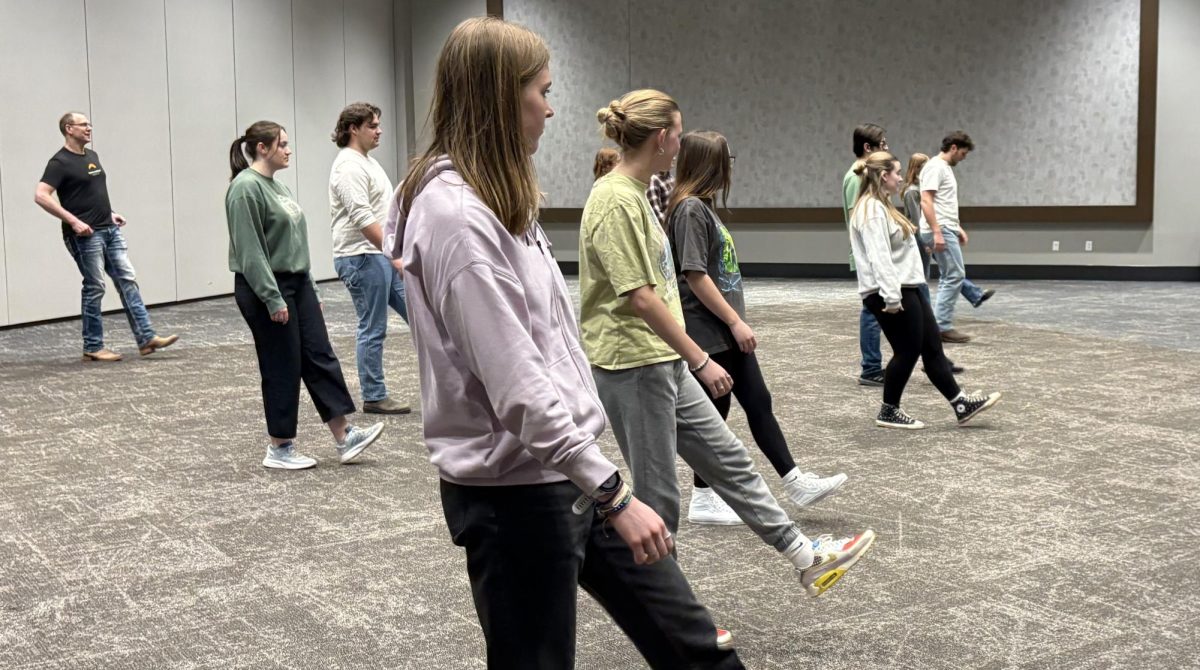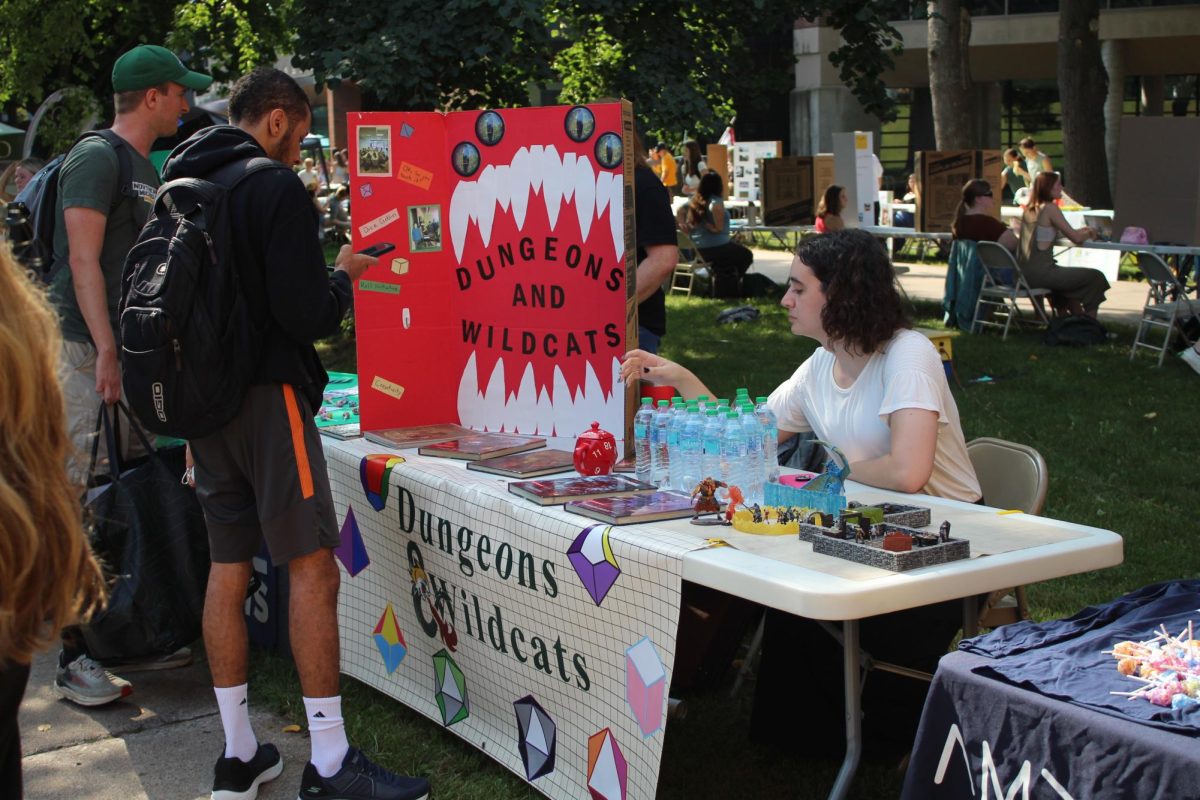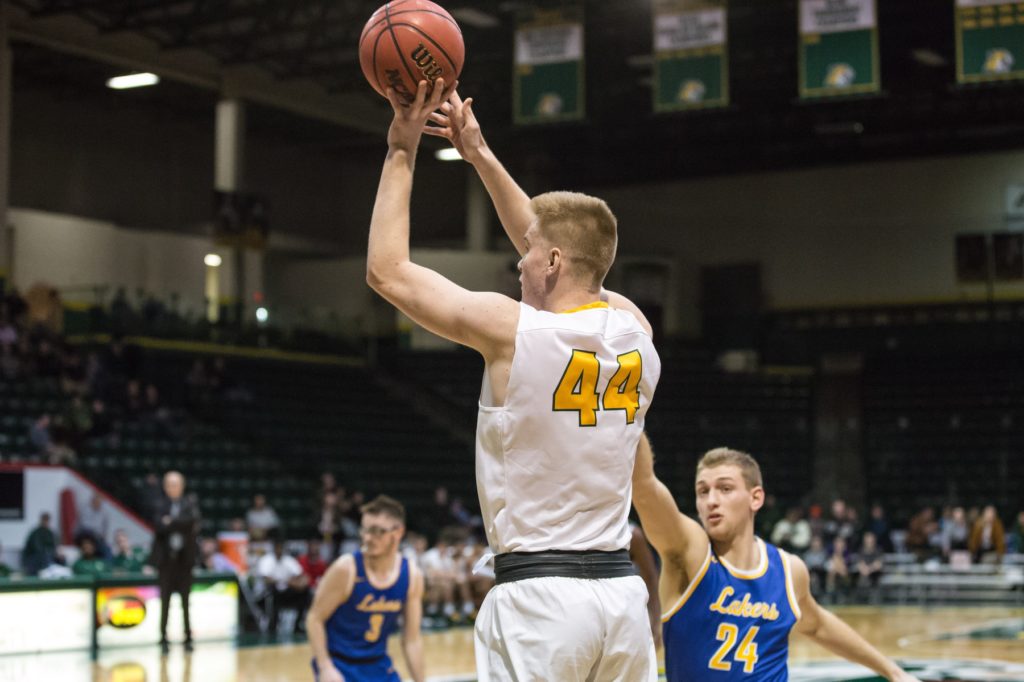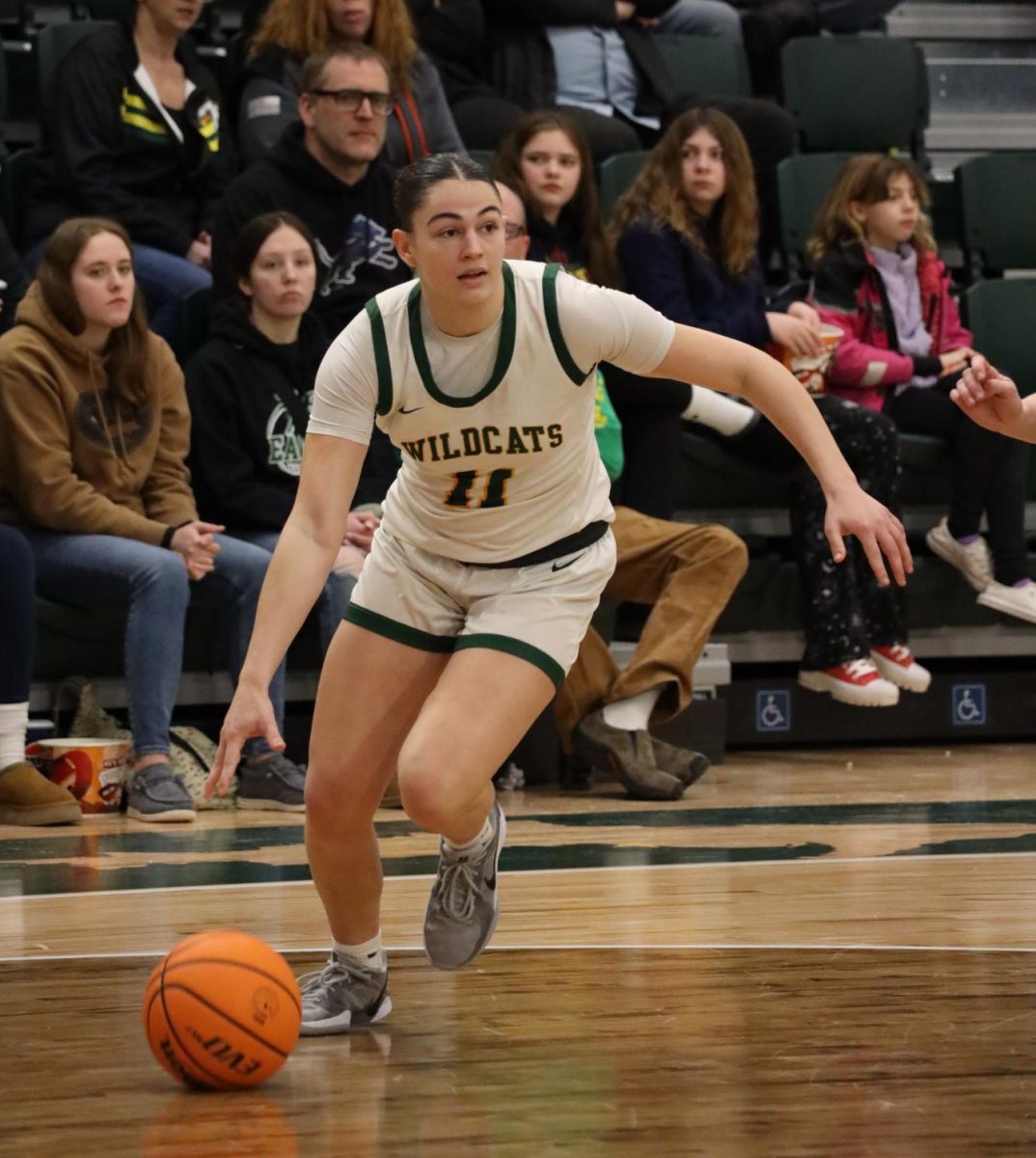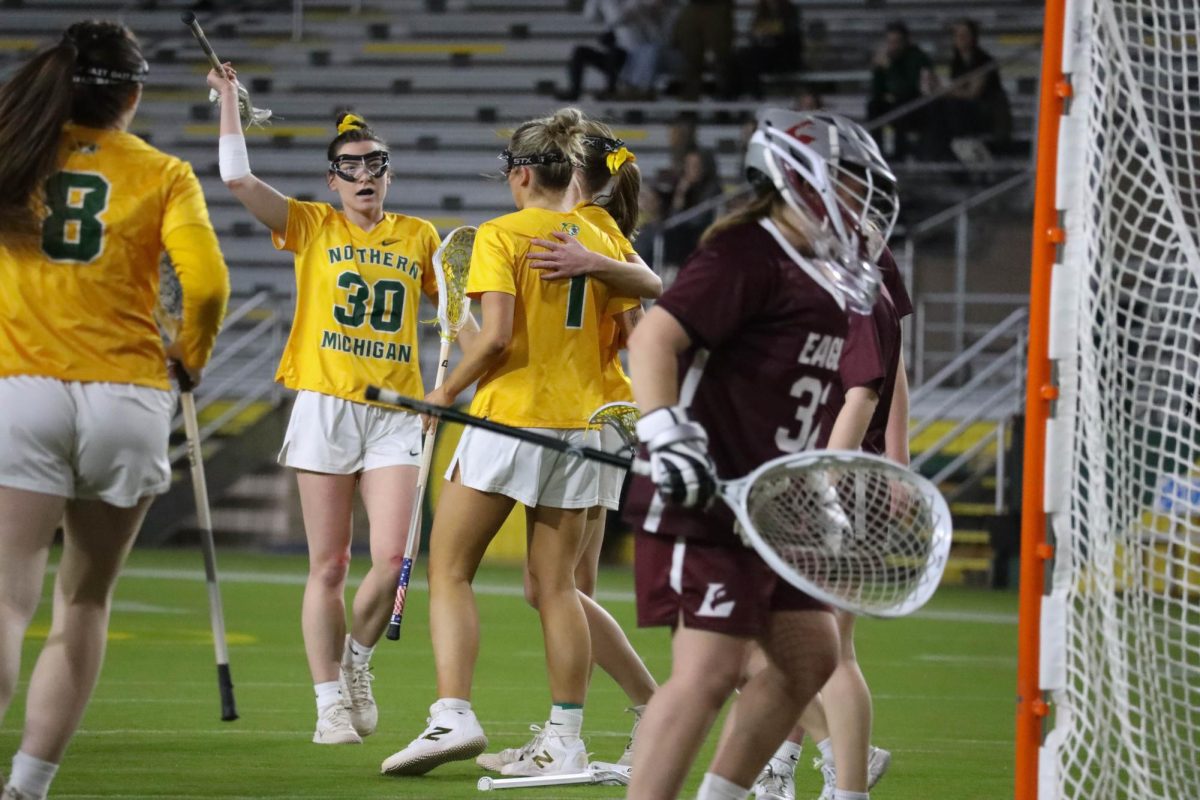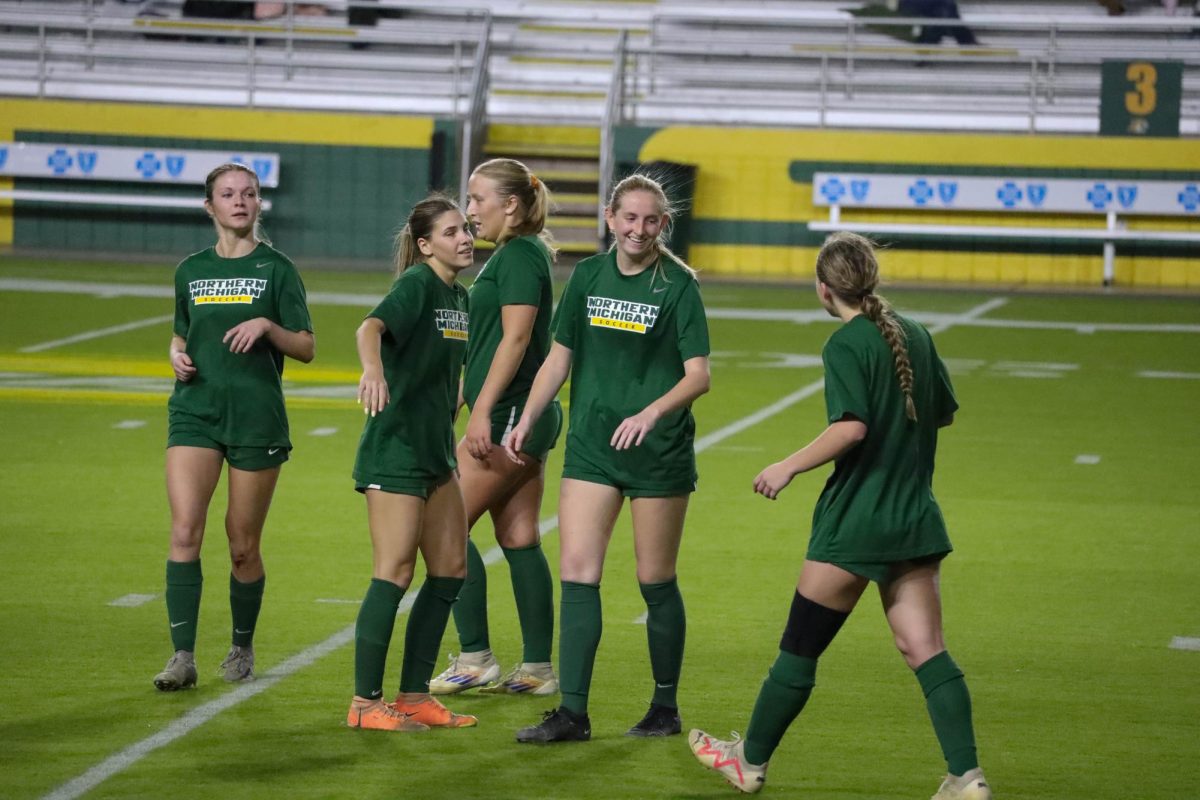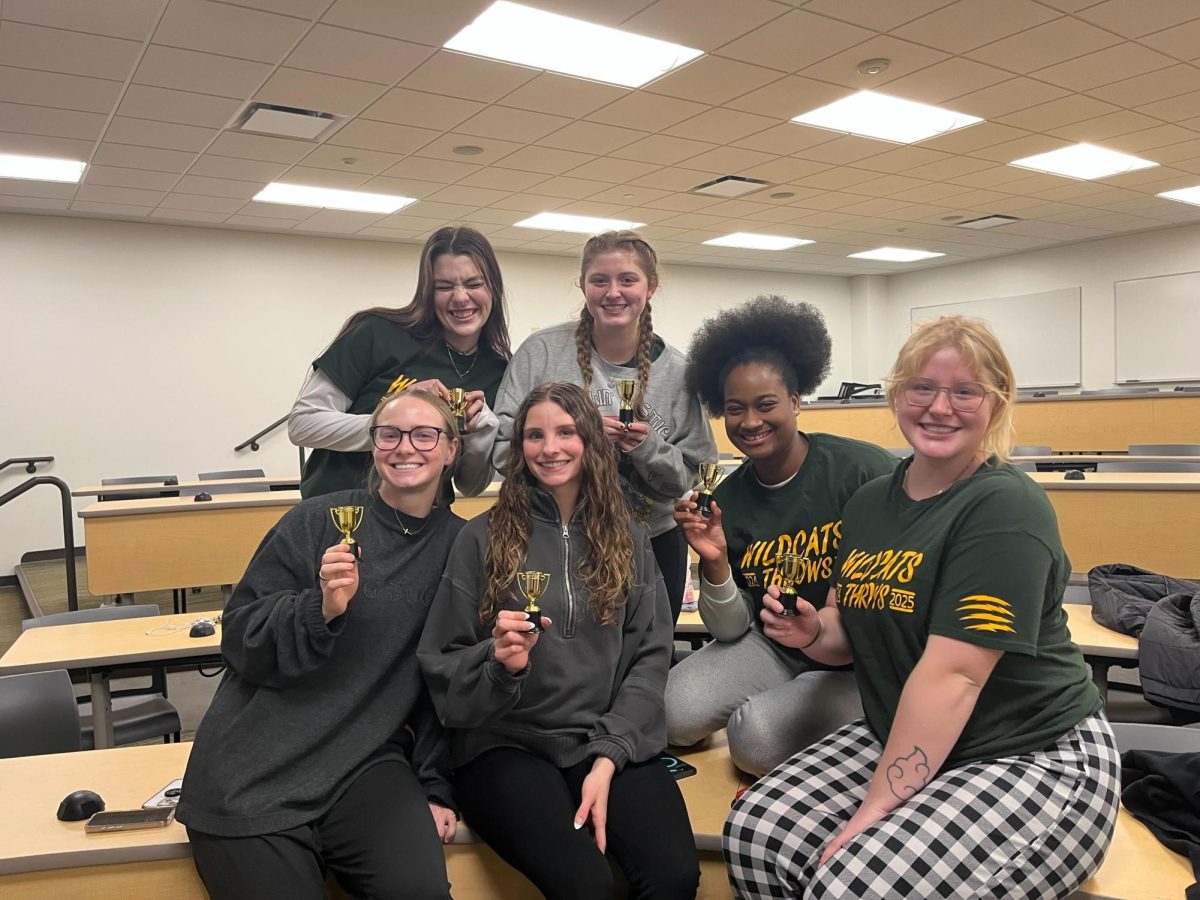On Monday, April 5, a series of presentations and workshops will take place to inform students about environmental issues from a Native American point of view.
The Indigenous Earth Issues Summit is organized by the Center for Native American Studies (CNAS) and the Native American Student Association (NASA), and will give students the opportunity to listen to professors and students from around the country talk about the environment. The summit is scheduled to take place in the Great Lakes Room of the University Center between 9 a.m. and 9 p.m.
“We hope to make this an opportunity for people to learn about the environmental issues that affect (everyone),” said Aimee Cree Dunn, an adjunct professor of Native American studies, and the coordinator of the Indigenous Earth Issues Summit.
The summit is aimed toward getting students involved in environmental issues on a community level, she said.
“We’re looking forward to students coming and being inspired to take action in their own communities,” Dunn said.
In order to achieve this goal, the summit will be set up differently this year than it was during the past two years, Dunn said. Instead of the presenters just giving speeches, it will focus more on attendees participating in different workshops to learn how to actively make a difference in the environment, she said.
The keynote speaker at the summit will be Ward Churchill, an award winning author and member of the Rainbow Coalition of Elders and the American Indian Movement of Colorado Leadership Council. In Churchill’s presentation, “Water is Life: Reflections on an Omnicidal Equation,” he will discuss the effects of colonialism on North America’s water-based biospheres.
Other presenters include Lee Sprague, the former director of economic development for the Little River Band of Ottawa Indians, and Jessica Koski, a student at Yale and a member of the Keweenaw Bay Indian Community.
“Instead of sitting and listening, (attendees) will get the opportunity to talk and interact with the presenters,” said Samantha Hasek, a freshman environmental science major at NMU.
Hasek is involved in a freshman fellowship at CNAS and is also organizing an art show to be on display during the summit. Hasek put out a call to students at NMU and other area schools for posters or banners that address local environment issues and motivate viewers into action.
“It’s important for students to stay aware and see the causes and effects of living here,” Hasek said.
The art show is accepting entries until Friday, April 2 and is open to all students who wish to submit a piece of artwork. The art is just another way for students to express themselves in service to environmental awareness, said Hasek.
Adrianna Greci Green, an assistant professor of Native American Studies at NMU, said that this year’s Indigenous Earth Issues Summit presents the opportunity to make environmental awareness more visible.
“The purpose of the summit is a call to action. We’re not that far apart in terms of our effect on the environment,” Greci Green said.
Greci Green expects students to learn about these environmental issues from a Native American perspective, and that students will be inspired to become more involved.
“I hope that students will walk away fired up. There’s a lot that can be done to help,” Greci Green said.


